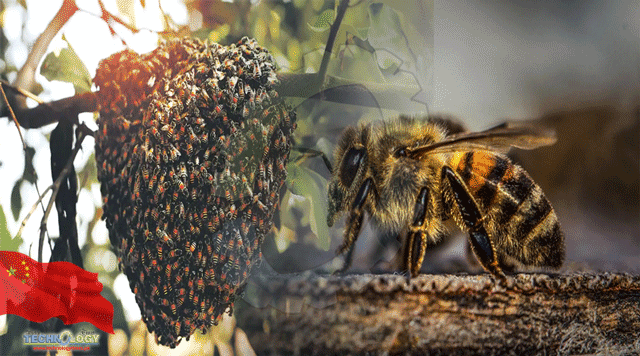The existing honeybee population is far from meeting global agricultural pollination needs, according to the Chinese Academy of Agricultural Sciences (CAAS).

The existing honeybee population is far from meeting global agricultural pollination needs, according to the Chinese Academy of Agricultural Sciences (CAAS).
Studies show that pollinators play a very important role in agricultural production. About 75.7 percent of the main crops worldwide depend on insect pollination, and the economic value of insects accounts for 9.5 percent of the total crop output value globally.
The number of wild pollinators has declined sharply in recent decades due to environmental damage, irrational use of pesticides and other factors, and it is unclear whether domestic bees can meet the needs of agricultural pollination.
A research team from the CAAS, in cooperation with researchers from Argentina, analyzed the planting situation of 49 crops that depend on bee pollination and the number of bee colonies in the world from 1989 to 2019.
The research results showed that the global demand for agricultural pollination had increased during the period, but the pollination service capacity of domestic bees has decreased year by year.
The results also showed that the pollination demand of oil crops accounted for more than 70 percent of the total crop pollination demand.
The study provides an important scientific basis for apiculture and agricultural sustainable development.
It was recently published in the journal Agriculture Ecosystems & Environment.
This news was originally published by Xinhua.